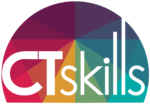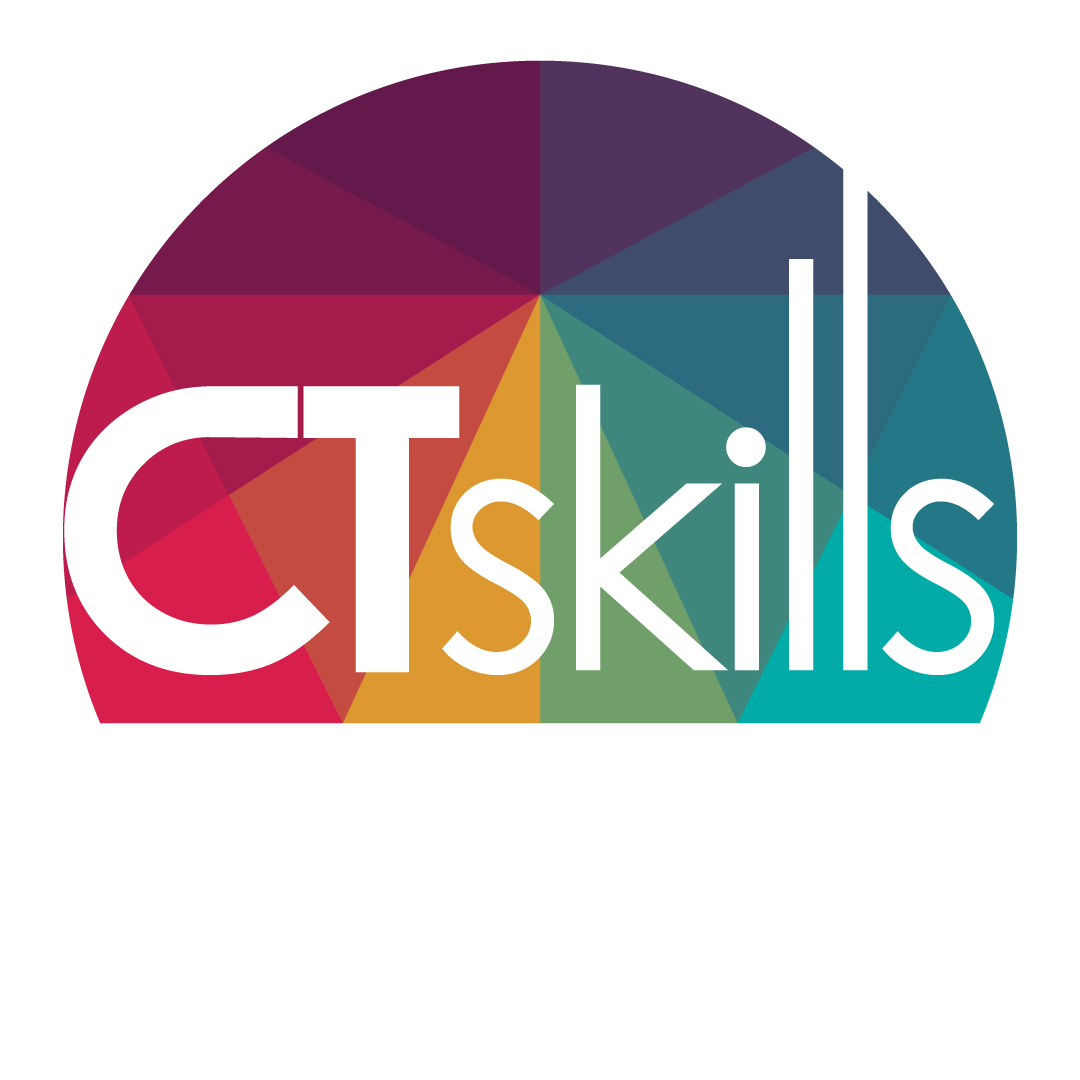Getting ready for an End Point Assessment or exam can be a bit nerve-wracking, especially if it’s your first time. In this blog, we’ll share some valuable hints and tips to help you prepare for these exams. Successfully acing an End Point Assessment or exam after putting in all the hard work will fill you with an immense sense of accomplishment and could open exciting career prospects in your chosen field
What is an End Point Assessment?
Your End Point Assessment is your final stage of your apprenticeship. It uses different methods of assessments with the aim to test your competency, knowledge, skills and behaviours within your job role. It can be quite intimidating but with the right preparation, you’ll whizz right through it.
The different methods of assessment could include a practical assessment, interview, project, written and/or multiple-choice tests or a presentation. You will be assessed by a minimum of two of these different methods which will ensure that you have the required skills and knowledge within your sector.
This short video created by the Institute of Apprenticeships (IfATE) will break down each of the different methods of assessments:
Preparation of your exams is the biggest key to successfully achieving the highest grade you can from your apprenticeship. Here are some helpful hints and tips to support you to success:
- Print out the assessment criteria and use them as a checklist. Take some time and become familiar with the assessment criteria, think about how you’ve demonstrated this within your job role by giving examples.
- Use the STAR approach when answering questions.
| Be a STAR at EPA Situation – explain what the situation was. Task – Explain what tasks you completed or were involved in. Action – Describe the action you took. Result – State what the result was. Applying the STAR model to End Point Assessment methods such as discussions, interviews, presentations and reports will support you in showcasing your new knowledge, skills and behaviours in relation to real working examples – Assessors love this! |
- Ask your trainer assessor to do a mock End Point Assessment with you so you can gain feedback of the positives and any developmental areas to focus on before your actual End Point Assessment.
- Make sure all your equipment and systems work before your exam, so you have no delays. You can check this by doing quick tests.
- Ensure the area you are working in is suitable for an End Point Assessment. Your area and surroundings should be quite and empty so you have no distractions.
- Most of all, time management. Make sure you have the correct dates and times of your End Point Assessment leaving you enough time to revise, get feedback and develop on the areas you struggle with most.

What is an examination?
An examination is a formal exam of a person’s knowledge in a specific subject area to obtain a qualification. You may feel nervous, stressed or an increase in anxiety before an examination, but that’s how most people feel so let’s try on decreasing that feeling by making sure you’re prepared for your exam. You can read more about Exam & Assessment Anxiety by CLICKING HERE.
Here are some helpful hints and tips on revising and preparing for your exam:
- Create a realistic revision timetable by thinking about what type of revision works best for you. Sometimes smaller bitesize revision more frequent is better than a full day of revision.
- Find a revision method that works best for you. You could use notes, stick up post it notes, create revision flash cards, use highlighters and coloured pens to make your work more interesting and readable and many more methods!
- Take regular short breaks by doing something different such as getting a snack, reading some of your book, chilling out with your pet, or simply just day dreaming out the window.
- You could as your assessor to give you some past exam papers to complete as revision so you can get used to the test environment and the way they are played out. After doing so, you can give them back to your tutor and ask them to mark it so you can see where you need to develop.
- If you don’t understand something, ask away! That could be to your assessor, colleagues or even family and friends.
Emma Valentine, Functional Skills Curriculum Development Lead, outlines:
“Rewarding yourself for all your hard work is just as important as the revision itself and taking a break to do something you enjoy is not only rewarding and relaxing but will help you to refocus your mind, digest the information you have reviewed and allow you to stay motivated to continue. Try factoring in time within your revision schedule which takes you away from your desk, a walk, reading a book, time at the gym or a coffee/nice lunch with friends for example.”
Keep Calm
Whether you’re undertaking an End Point Assessment or exam, it’s important to stay calm, keep positive and try not to panic although it’s hard not to.

In the lead up to the end point assessment or exam ensure that you:
- Eat well – Make sure you eat the correct amount of nutrients to make sure your brain has enough fuel to work!
- Sleep – Ensure you get at least 8 hours of sleep each night to allow your brain to reset and work properly the next day.
- Drink plenty of water – Feeling dehydrated is a horrid feeling when you need to concentrate. Make sure you drink plenty of water and fluids to keep yourself well hydrated. You don’t want any headaches!
- Practice some breathing exercises – If you seem to panic or get stressed and anxious easily, make sure you take a look at some breathing exercised. They’re a great way of relaxing yourself and keeping your mind at bay allowing you to concentrate.
- Get some exercise – Taking a nice walk or stretching is a good way to lightly exercise. It allows you to release some tension and built up stress.
- Study/prepare/revise/gather notes – We all know revision is very important so make sure you do it! Whether it’s doing flash cards, taking notes or doing mini quizzes with a friend about your subject, it all counts and will all help you to reach your target.
- Ensure you have everything you need during the assessment – This included pens, evidence, notes, and anything your invigilator requests such as ID.

During the exam
- Stay positive/Think Positive/Act positively – We know it’s hard but trying to stay positive is the best way to staying calm. Don’t think you’ll fail, think you’ll pass with flying colours, it will help you get through to the end.
- Practice some calming breathing exercises – These are crucial to staying calm and collecting whilst you’re in your exam. Don’t feel silly doing them, everyone gets nervous and panicky.
- Stay hydrated – Keep some water on your desk with you and take sips throughout especially if you have an interview exam, your mouth will often dry out but even if it doesn’t, sipping some water can quickly help calm your body down.
- Arrive early at least 5 minutes early – You don’t want to be late so make sure you’re a tad early especially if your system decides not to work on the day, it will give you some leeway.
- Avoid comparison – Don’t compare yourself to others during the exam. Take your time, no need to rush if you know someone who completed their exam fast. We are all different and achieve things in different ways.
- Focus on the present – It’s hard not to get caught up in problems around you when you’re trying to concentrate but give it your best shot to just solely focus on your exam.
- Keep perspective – Make sure you don’t automatically think things went wrong. Make sure you keep perspective.
We understand that preparing for your exam and End Point Assessment can be overwhelming, but we believe in you! We’ve got some great tips and tricks to help you get ready and ace your assessment. If you need more info, feel free to reach out to us at info@ctskills.co.uk or give us a call at 0115 959 9544. You’ve got this!



